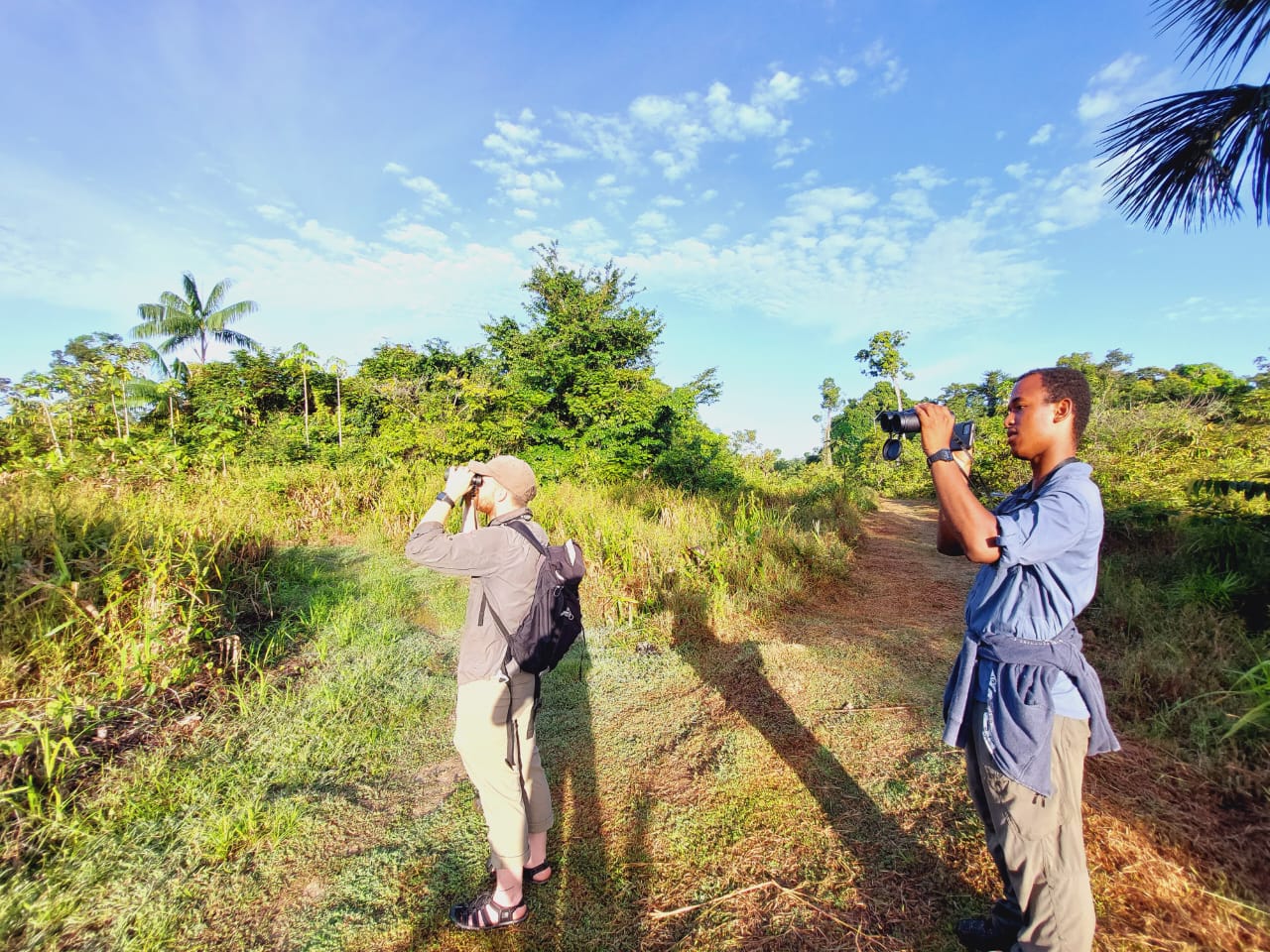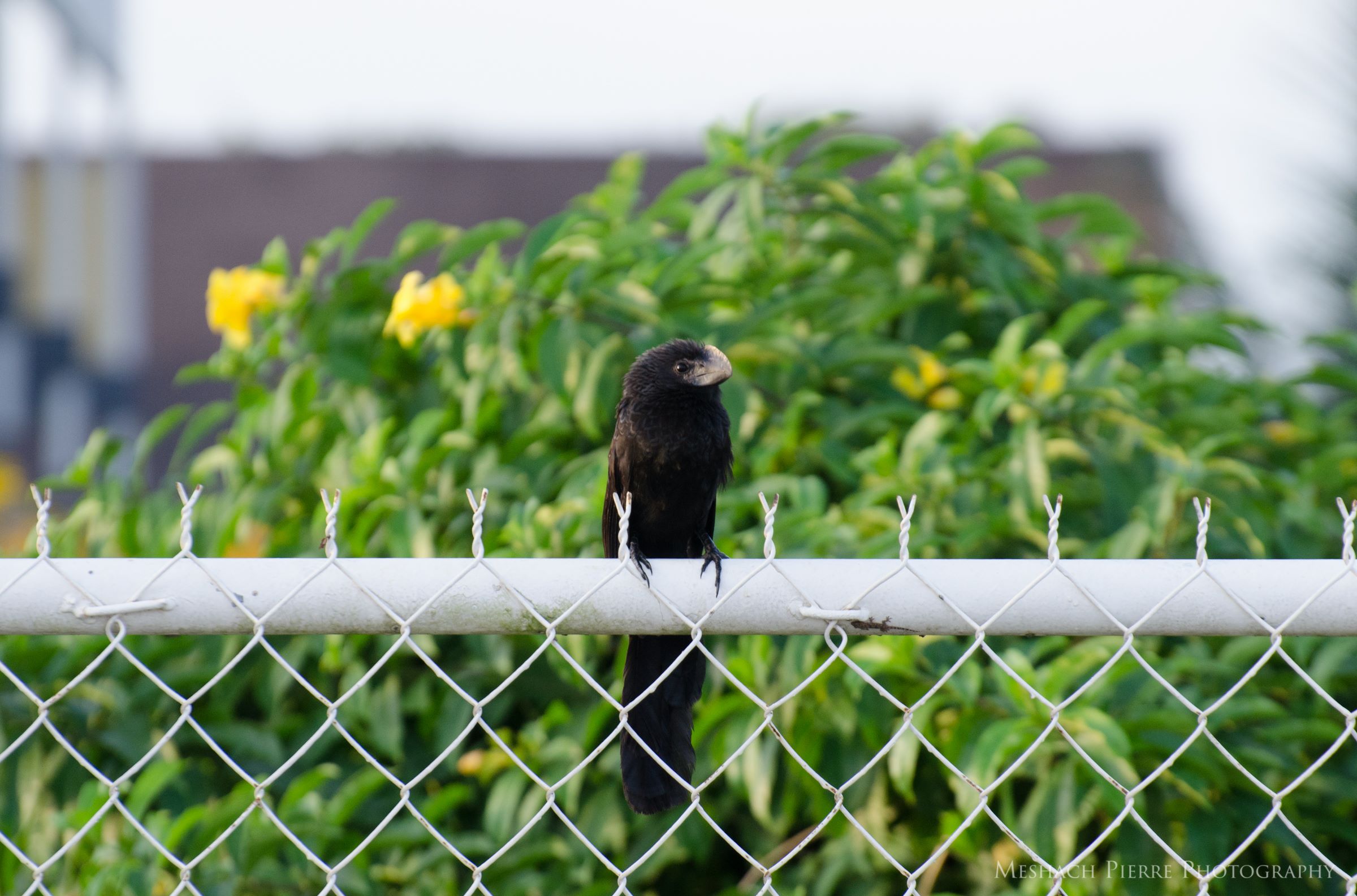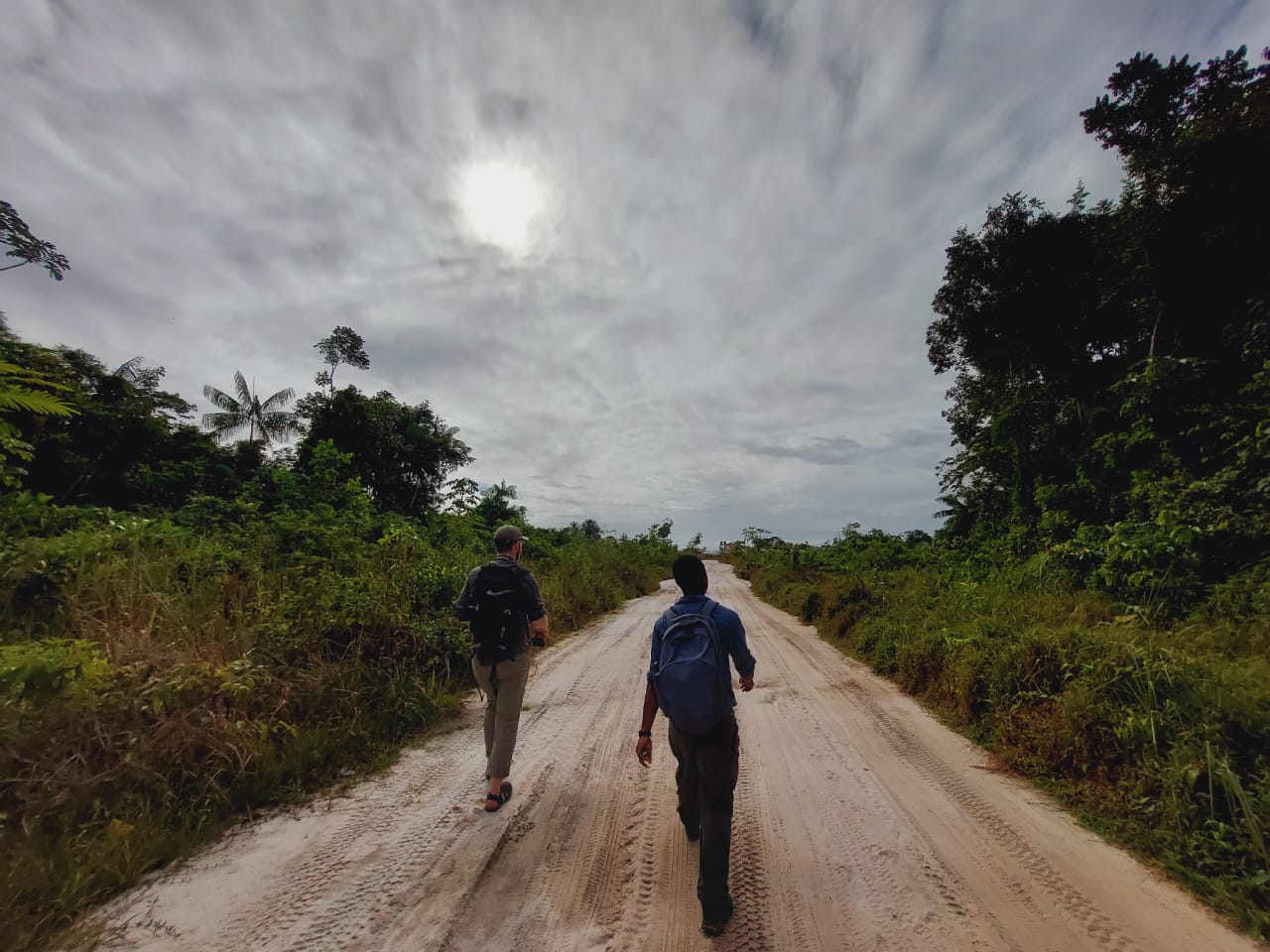PhD candidate Will Hayes is currently out on fieldwork in Guyana; ‘Human settlements might have a role to play in biodiversity conservation going forward’.
From small forest settlements in the north to larger towns in the deep-south savannahs, DICE PhD student Will Hayes and his research team are currently researching the influence of human settlements on bird communities in Guyana.

Along with Conservation International Guyana (CIG), South Rupununi Conservation Society (SRCS), South Rupununi District Council (SRDC) Hayes has recorded nearly 150 species on the surveys, including numerous protected species, and this number is rising. So might these towns and villages have a key role to play in conservation in the future? ‘Very possibly.’ Hayes told us.
‘My research hopes to identify what might make human settlement in neotropical countries more or less beneficial to bird species. Such factors may include building density, town/village size, greenspace coverage and fruiting trees, as well as many others.’ With nearly 150 species identified so far on this fieldwork, it’s clear human settlements here might have a role to play in biodiversity conservation going forward, especially when the rising human population of Guyana is considered.

Hayes explained his vision for the research ‘I hope this work will contribute to the growing body of research into tropical urban biodiversity conservation. As urban areas expand worldwide, natural habitat is being lost at an alarming scale which is a significant factor in both current and predicted species extinctions, however it’s also important to highlight many species have adapted to urban and rural areas, some species even thrive around humans.’

